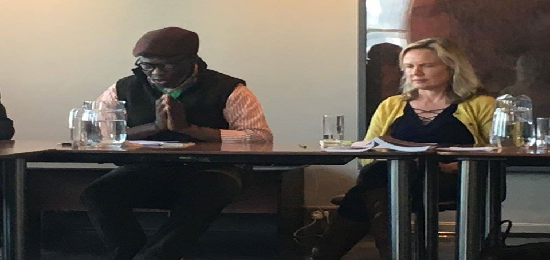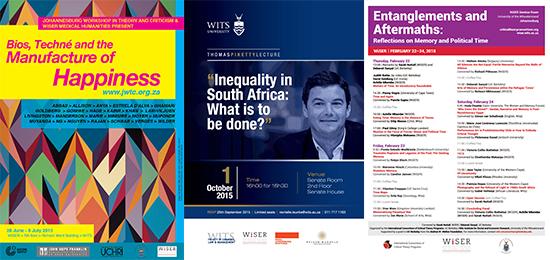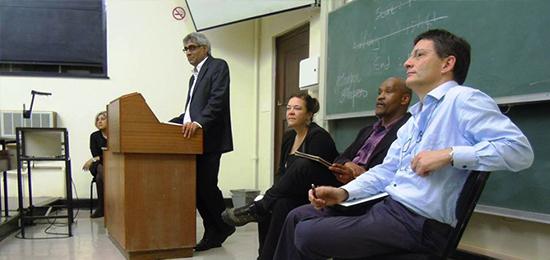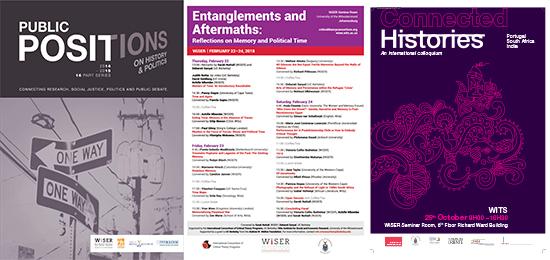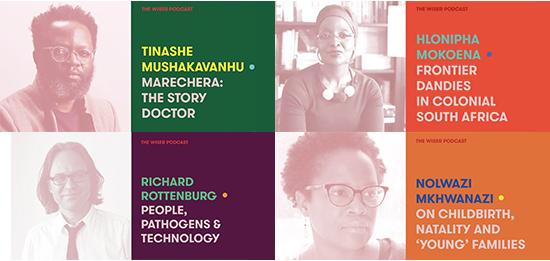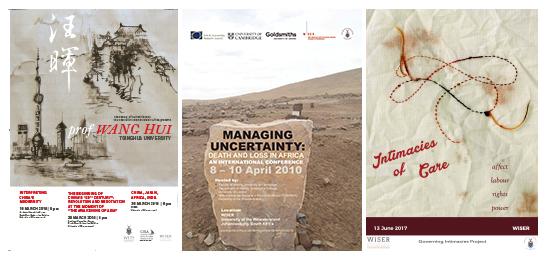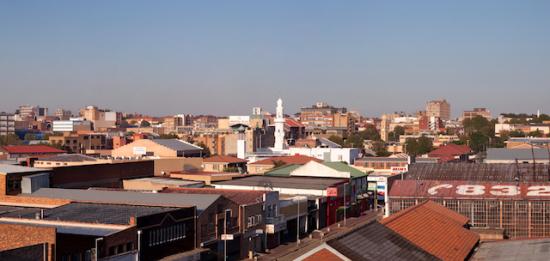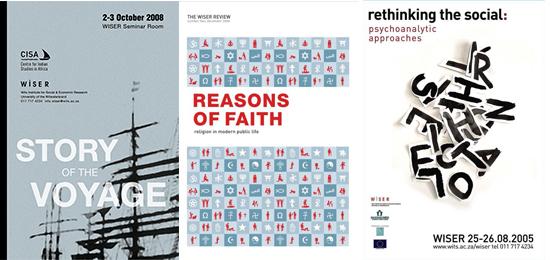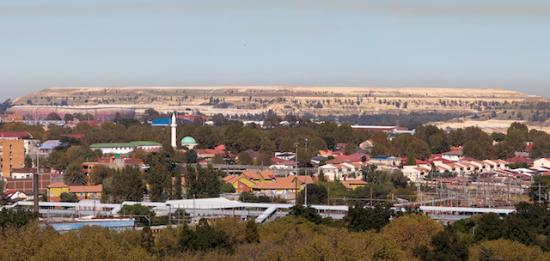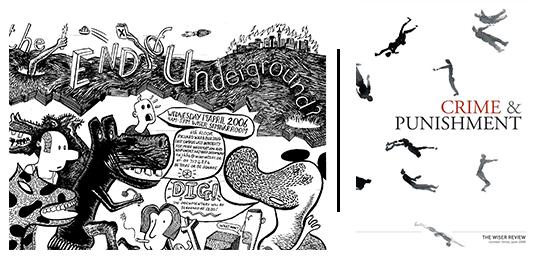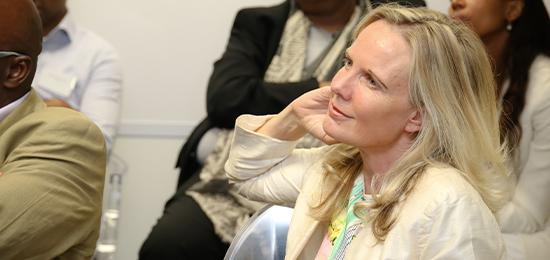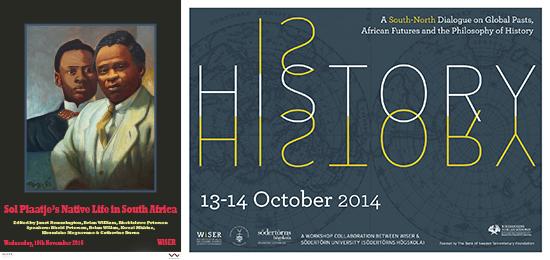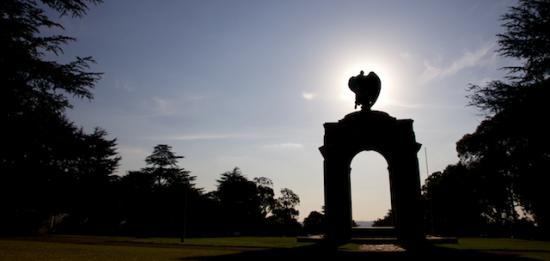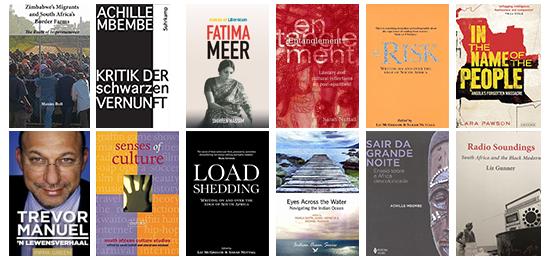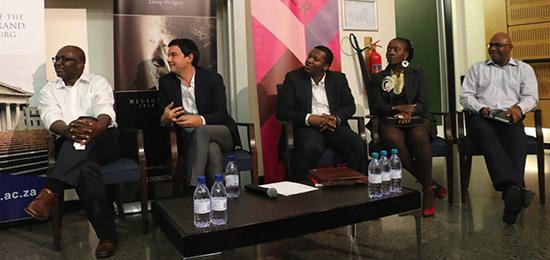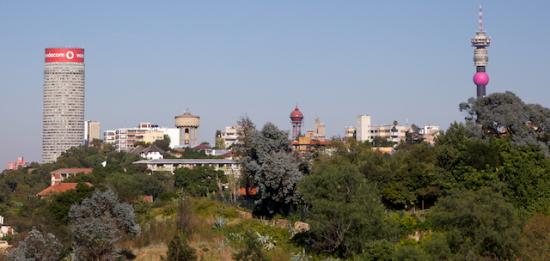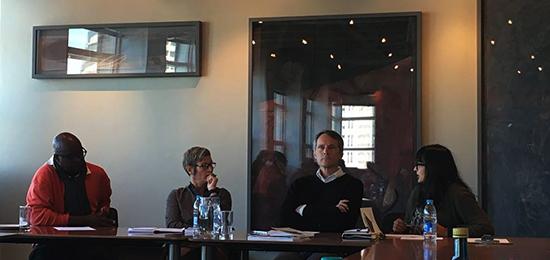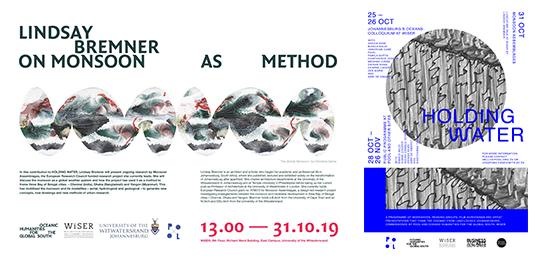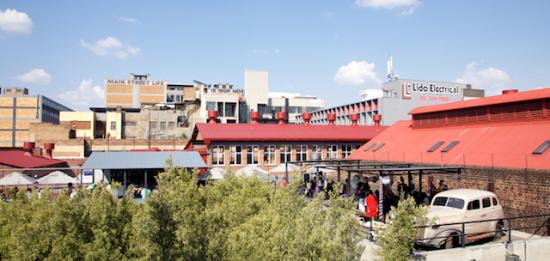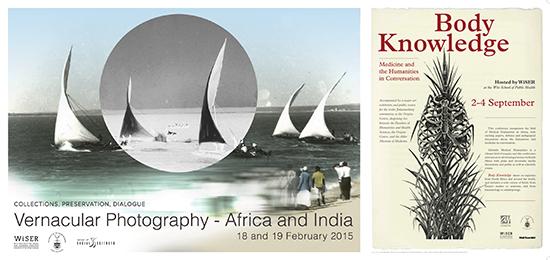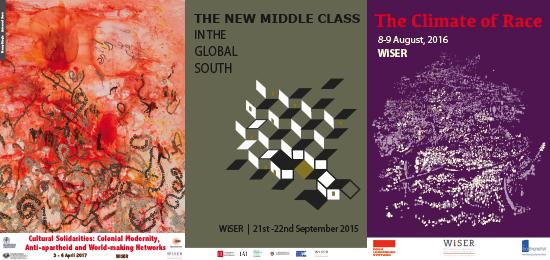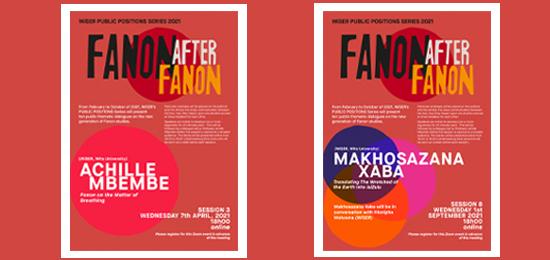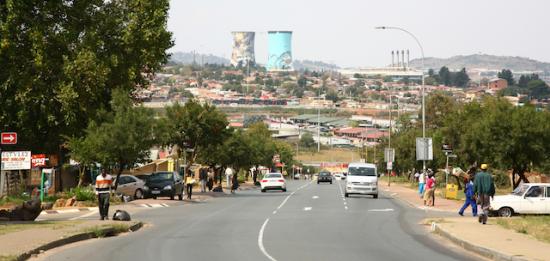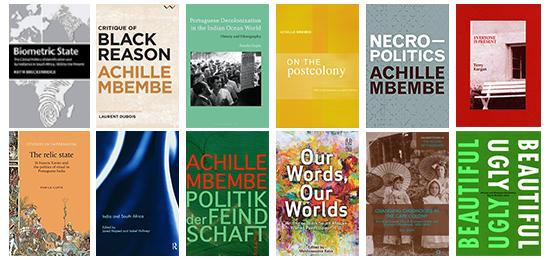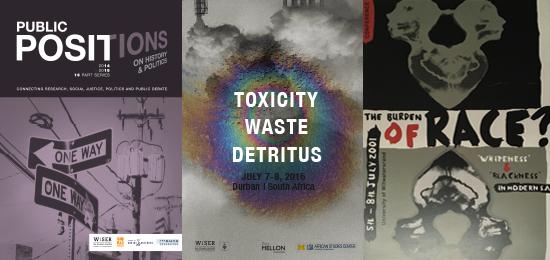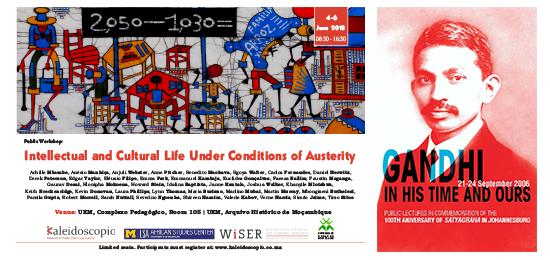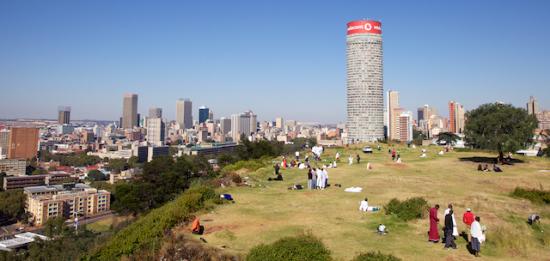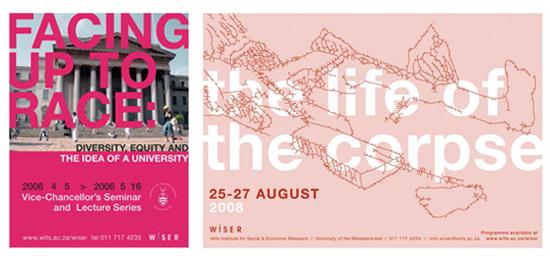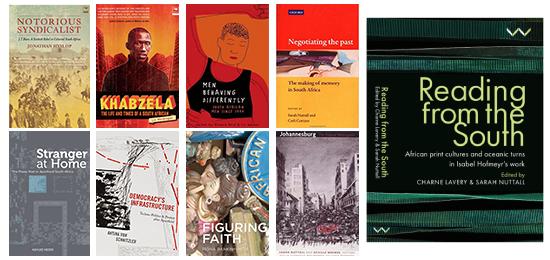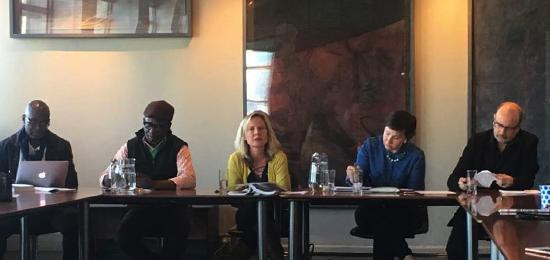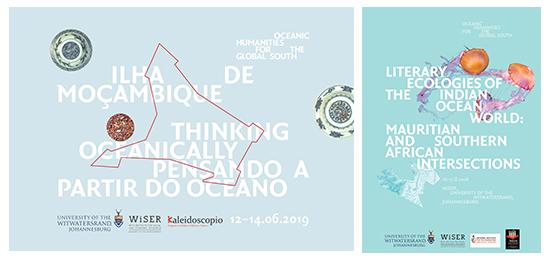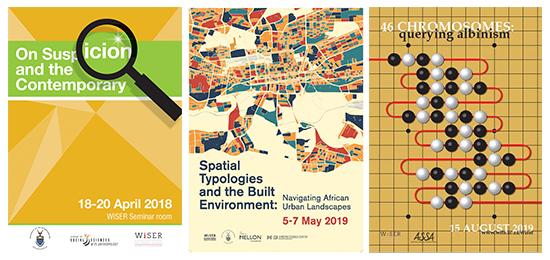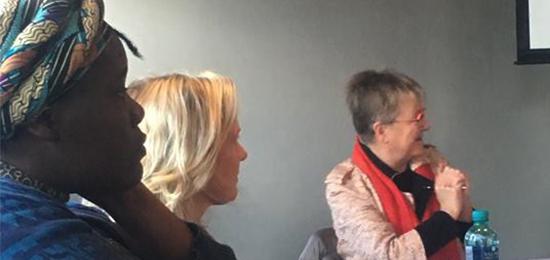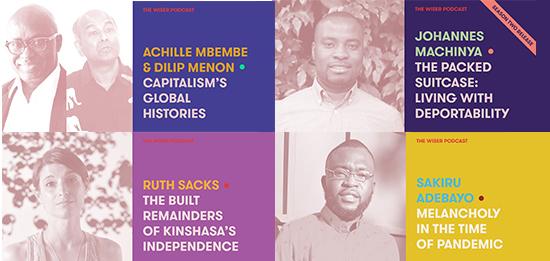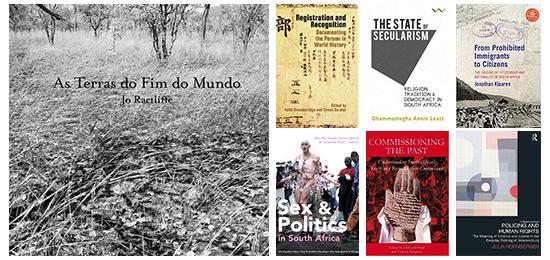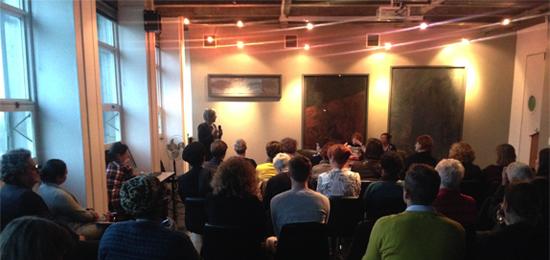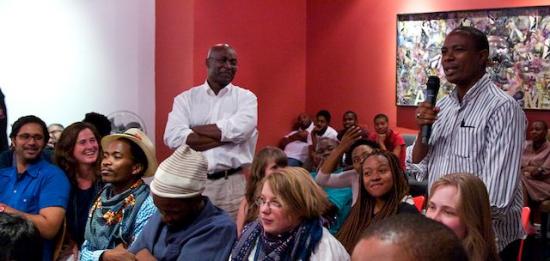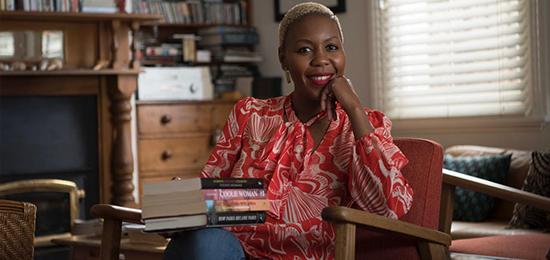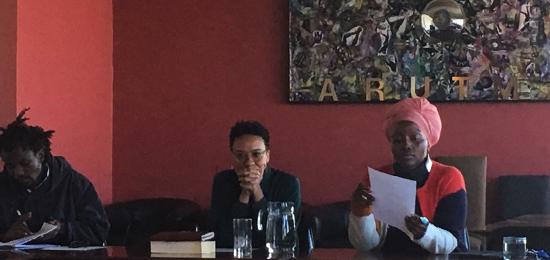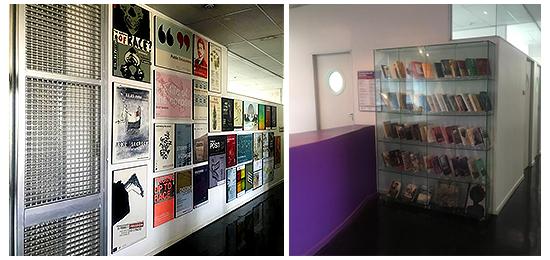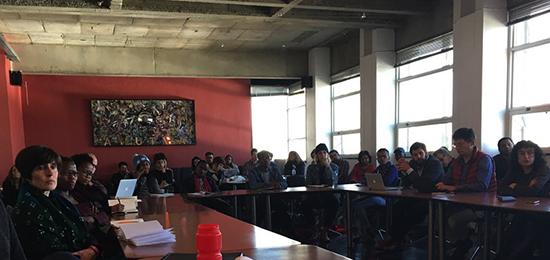A South African social garden: People, plants and multispecies histories in the Kirstenbosch National Botanical Garden
Monday, 15 October, 2018 - 15:00
Presented by :
This paper argues that botanical garden should be reframed as social gardens. As such, they provide a suitable starting point for reimagining multispecies relationships which enable us to “stay with the trouble” (Haraway 2016) of our time; inside the garden as well as in the world at large. Based on a historical study of the Kirstenbosch National Botanical Garden in Cape Town, I argue that understanding the botanical garden as a social garden allows us to focus on the social relationships among and between people, plants and other living beings which shaped it, as well as the work of power in it.Together with natural history museums and zoos, botanical gardens have evolved as key institutions which shaped knowledge about nature and imaginations about the relationship between nature and the nation. In Europe and its colonies, botanical gardens emerged as distinctly imperial and colonial institutions. They collected, studied, cultivated and disseminated plants for economic exploitation and symbolic representation. As “centres of calculation” (Latour 1987) they mobilised far-away places and reassembled them so that visitors could experience the world at large within the gardens’ confines. Botanical gardens not only cultivated plants but also people: their displays educated visitors about the flora as well as about citizenship. Today, environmentalist scholars and international conservation and heritage organisations conventionally frame botanical gardens as living museums and green spaces which are beautiful, apolitical and beneficial to environment and society. However, I suggest that botanical gardens function in more complex ways. In parallel to providing benefits, their effects can also be ambiguous or even harmful. They continuously reproduce colonial imaginaries which imply social hierarchies among people as well as between humans and non-human beings. Botanical gardens’ ability to harm is thereby directly linked to their perception as benign, green spaces. Kirstenbosch was established in 1913 and has since evolved as the centre of currently ten National Botanical Gardens spread throughout South Africa. In 2004, UNESCO included Kirstenbosch in its listing of the Cape Floristic Region Protected Areas and Kirstenbosch thus became the first botanical garden to be included in a World Heritage Site under natural criteria. With over one million visitors per year, Kirstenbosch is among South Africa’s main nature-themed destinations. In the 1990s, South African museums, archives and heritage organisations were challenged to critically engage their colonial and apartheid legacies. However, despite being museological institutions, botanical gardens remained absent from these debates. Also the renewed calls for the decolonisation of educational institutions in South Africa which followed the emergence of the Rhodes Must Fall student movement at the University of Cape Town in April 2015 have not targeted botanical gardens. Instead, Kirstenbosch continued to function as exclusive spaces predominantly visited by white, middle- and upper class visitors. To this day, Kirstenbosch has continued to present Western science as universal knowledge and marginalises other epistemologies and ontologies. It further continues to celebrate narratives about the white men who acted as directors and political allies of the botanical garden and reproduces silences about the histories of the black workers, convict labourers, African assistants in plant collecting exhibitions as well as the white women botanists and gardeners, all of whom were present in Kirstenbosch’s past and contributed to the making of the botanical garden. Following the research of multispecies ethnographers Anna Tsing, Natasha Myer, Eben Kirksey and others, I argue that Kirstenbosch should be understood as a social garden rather than a botanical garden. I ask how Kirstenbosch functioned as a social space. I argue that as a social space, it is shaped by social relationships among and between humans and non-humans, especially plants. Understanding Kirstenbosch as a social garden allows me to critically engage the work of power in it. Kirstenbosch evolved in the first half of the twentieth century as part of South African colonial and imperial formations which manifested themselves in practices of collecting, ordering and displaying plants. The establishment of the botanical garden transformed the land on which it was built through practices of fencing, design, planting and “monumental gardening” from an area shaped by histories of indigenous presence, colonial frontier conflicts, settler farming, slavery, and urban leisure activities into a “naturalised” space. Through the promotion of gardening with indigenous plants, the ideologies cultivated at Kirstenbosch were transplanted into white South Africans domestic spaces. I further focus on the history of work in the botanical garden, on how the apartheid government deployed plants as communicative vehicles and botanical gardens themselves as a stage for political spectacles in image making campaigns, and on attempts to “Africanise” the botanical garden in the post-apartheid era which also reproduced colonial stereotypes. I argue that an understanding of Kirstenbosch as a social garden can serve as the basis for re-imagining it as a medium in which multiple epistemologies and ontologies can take root, which can enable the development of more just and sustainable relationships among all living beings, including humans and plants. The suggested paper is based on my recently defended dissertation about the history of Kirstenbosch. I am currently working on transforming the dissertation into a book manuscript."


